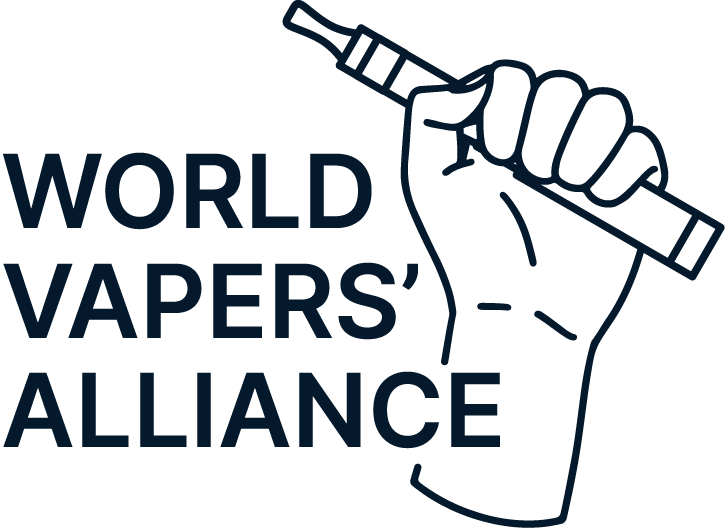Im vergangenen Monat sandten 100 führende Experten auf dem Gebiet der öffentlichen Gesundheit und der Tabakschadensminderung eine klare Botschaft an die WHO – einen Appell, den Krieg gegen das Dampfen und andere Nikotinalternativen zu beenden.
Die WHO muss erkennen, dass ihre Methodik ineffektiv ist, und sich mit Wissenschaft und Verbrauchern beraten, um Millionen von Leben zu retten.
Unter den Experten befanden sich Prof. Bernhard Mayer, wissenschaftlicher Berater der World Vapers' Alliance (WVA), und Dr. Colin Mendelsohn, ein australischer Experte für öffentliche Gesundheit. Sie betonten, dass der aktuelle Anti-Dampf-Ansatz der WHO ’zu mehr Tod und Leid durch Rauchen führen wird“. ”100 Experten haben sich geäußert, und die Konsumenten sind sich einig, dass Dampfen und andere Methoden der Tabakschadensminderung im Vordergrund stehen müssen, wenn es darum geht, Leben zu retten. Die WHO ignoriert diese Tatsache momentan, aber wir fordern sie auf, zuzuhören. 200 Millionen Leben hängen davon ab. Es ist an der Zeit, den Krieg gegen das Dampfen zu beenden“, sagte WVA-Direktor Michael Landl.
In einer Pressemitteilung betonte die WVA die Notwendigkeit, dass die WHO ihre ineffektive Methodik anerkennt und sich mit Wissenschaft und Verbrauchern berät, um Millionen von Leben zu retten. “Im Folgenden stellen wir unsere drei Hauptforderungen an die Weltgesundheitsorganisation im Vorfeld ihrer Tabakkontrollkonferenz COP9 im November dar:
WAS VERBRAUCHER VON DER WHO WOLLEN:
- Die Anerkennung und Einbeziehung von Methoden zur Reduzierung von Tabakschäden
- Das Recht auf Zugang und Erschwinglichkeit für Verbraucher
- DIE EFFEKTIVE TEILNAHME DER VERBRAUCHER AN DEN DISKUSSIONEN AUF DER COP9”
Länder, die den Richtlinien der WHO folgen, kämpfen weiterhin mit hohen Raucherquoten.
Im Einklang mit diesen Argumenten hat ein kürzlich erschienenes 59-seitiges Weißbuch, das Fallstudien aus verschiedenen Ländern zur Messung der Fortschritte bei der Raucherentwöhnung diskutiert, gezeigt, dass diejenigen, die den Empfehlungen der Weltgesundheitsorganisation folgen, weiterhin mit höheren Raucherquoten zu kämpfen haben.
Die Publikation mit dem Titel “Vaping funktioniert. Internationale Best Practices: Vereinigtes Königreich, Neuseeland, Frankreich und Kanada” wurde von der Property Rights Alliance herausgegeben. Sie enthielt vier Fallstudien von Christopher Snowdon (Institute of Economic Affairs, Vereinigtes Königreich), Louis Houlbrooke (New Zealand Taxpayers' Union, Neuseeland), Patrick Coquart (IREF, Frankreich) und Prof. Ian Irvine (Concordia University, Kanada) und bestätigte, worauf Experten im Bereich der öffentlichen Gesundheit schon lange hingewiesen haben.
“Länder, die fortschrittliche Maßnahmen zur Tabakschadensminderung anwenden, verzeichnen einen deutlichen Rückgang der Raucherquoten. Länder, die den Empfehlungen der Weltgesundheitsorganisation folgen, sehen sich hingegen weiterhin mit übermäßigen rauchbedingten Krankheiten und Todesfällen konfrontiert”, so die Coalition of Asia Pacific Tobacco Harm Reduction Advocates (CAPHRA).
Nancy Loucas, Geschäftsführerin von CAPHRA, erklärte, die Veröffentlichung dieser wichtigen Daten falle glücklicherweise mit der WHO-Rahmenkonvention zur Eindämmung des Tabakgebrauchs (FCTC) zusammen, deren vielbeachtete neunte Vertragsstaatenkonferenz (COP9) diesen Monat stattfindet. “Letztendlich beweist diese Studie, dass Länder, die das Dampfen erlauben, wie Frankreich, Großbritannien, Neuseeland und Kanada, einen Rückgang der Raucherquoten verzeichnen konnten, der doppelt so schnell war wie der globale Durchschnitt”, sagte sie.
Ursprünglich veröffentlicht Hier.







